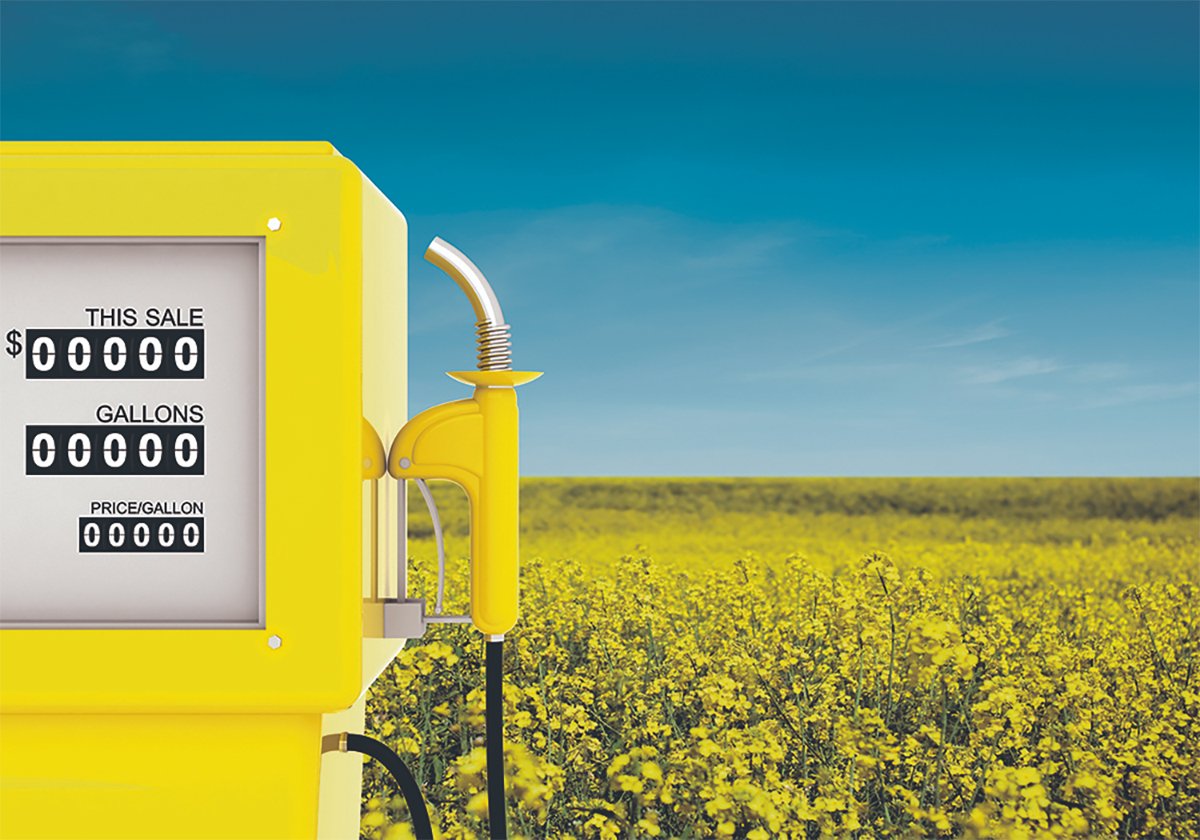Industrial hemp is gaining farmers’ attention as they contemplate their cropping options.
But industry officials warn farmers that too much zeal could lead to overproduction and collapsing crop value. They advise farmers to grow industrial hemp only if they have committed buyers.
“Don’t grow without a contract. That would be my main message,” said Arthur Hanks, executive director of the Canadian Hemp Trade Alliance.
“That’s how we’re going to control acreage and make sure that we maintain some prices. Farmers like those prices so they should try not to shoot themselves in the foot.”
Read Also

Biofuel sector happy with federal budget
Advanced Biofuels Canada says new Biofuel Production Incentive is a lifeline until CFR amendments are in place.
There were 24,000 licensed acres of hemp grown in Canada last year, with Manitoba and Saskatchewan the leaders in production.
The crop is grown mainly for its grain, which is processed into health food and body care products. Conventional hemp grain fetches about 45 cents per pound, said Hanks, while the price for certified organic product is 85 cents per lb. Industrial hemp yields tend to average 700-750 lb. per acre.
Farmers are giving those numbers a closer look this year as they hunt for crops with the potential for profit.
“This has been the first year that we’ve had a waiting list for growers wanting to grow hemp,” said Jodi Schreyer, director of operations for Hemp Oil Canada. “In the past, you kind of begged and pleaded for these guys to grow it.”
Last year, Hemp Oil Canada contracted with growers for 5,500 acres of industrial hemp production. This year it believes it will need close to 10,000 acres to meet its needs for conventional and organic hemp grain.
Schreyer said in an interview March 15 that Hemp Oil Canada already has enough production of conventional hemp contracted with growers. There was limited room left for organic production contracts.
Industrial hemp production was legalized in Canada in the late 1990s. The industry went through a rapid boom on the Prairies but then slowed following the collapse of Consolidated Growers and Processors, a company that was eager to see the industry expand.
Hanks said growth of hemp production in Canada over the past five years has been more measured and steady.
“It’s all linked to marketplace pull, which has been great.”
Most of the products made from hemp grain are sold either in Canada or the United States. The U.S. does not allow its farmers to grow industrial hemp, although a number of states want the crop legalized.
“I don’t think anything is going to change (in the U.S.) until the Canadian industry is making so much money that the Americans can’t afford to ignore it, and we’re not there yet,” Hanks said.
There are a number of companies interested in hemp for its fibre. Among them is Hemptown Clothing Inc., which announced two years ago that it wants to build a multimillion-dollar hemp fibre mill at Craik, Sask. The company still intends to do that, said Hemptown president Jason Finnis last week.
“Our tests are on track. We are moving toward our goal exactly as planned.”
The mill will extract and separate hemp fibres for sale to makers of textiles or manufacturers of composite materials. Composite materials could be used in construction.














